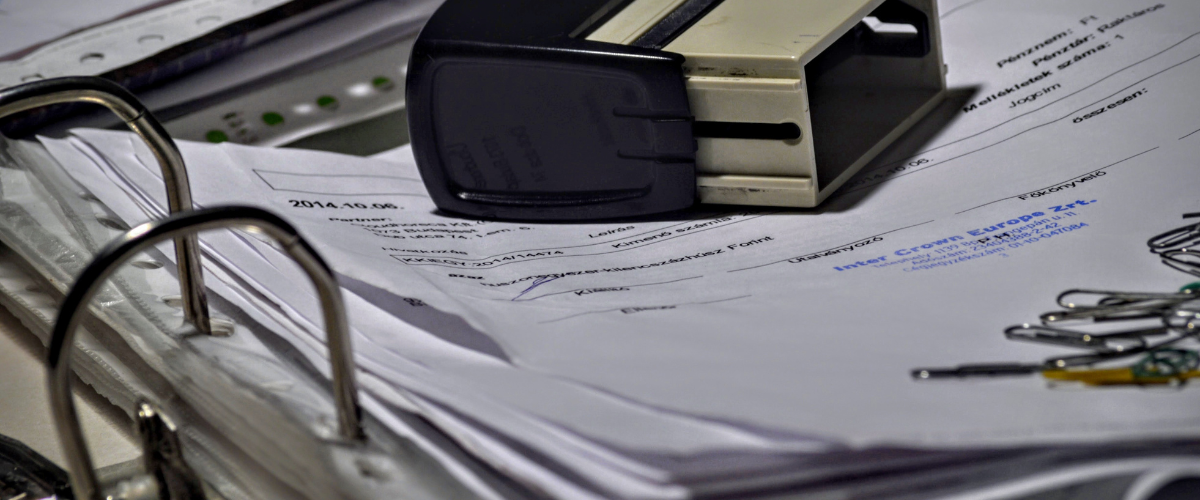Boost Your Savings: Maximize Deductions and Add Markdown to Your Expenses
Maximize deductions and add markdown to avoid wasting massive in your subsequent tax return!

Maximize deductions and add markdown to avoid wasting massive in your subsequent tax return!

Yes, you could possibly deduct expenses in your house workplace when you work from home occasionally. The IRS allows for a home workplace deduction if the house is used frequently and solely for business purposes. However, the deduction is only obtainable to self-employed individuals or independent contractors, not staff working remotely. To qualify, the house office have to be the first place of work where you conduct administrative or managerial duties associated to your business. It’s essential to maintain detailed information of those bills and consult with a tax professional to ensure compliance with IRS regulations.


There are all the time limits to think about in relation to deducting charitable contributions on your tax return. While the IRS encourages generosity and philanthropy, in addition they wish to be positive that taxpayers aren’t profiting from the system. Generally, people can deduct as much as 60% of their adjusted gross revenue for cash donations to qualified organizations. However, sure contributions, such as donations of appreciated property or property, may have totally different limitations. It’s necessary to consult with a tax skilled to navigate the complicated rules and maximize your deductions while staying within the boundaries set by the IRS. Ultimately, giving again to these in need is a noble endeavor, but it’s crucial to understand the limits and guidelines so as to do so effectively.
Yes, you can deduct bills for business meals and leisure as long as they are ordinary and needed for your corporation. This contains taking clients out for dinner or hosting a networking occasion. However, there are certain limitations and requirements that must be met in order to qualify for these deductions. It is important to keep detailed data of those bills to support your deductions and ensure compliance with tax rules. So go forward, wine and dine your purchasers and reap the tax benefits!

In order to deduct medical expenses, the IRS requires that the bills be certified and essential for the prognosis, cure, mitigation, remedy, or prevention of disease. Additionally, the bills must be primarily for medical care and can’t be reimbursed by insurance coverage or some other source. Qualifying expenses might include payments for docs, dentists, specialists, hospitals, prescription drugs, and certain medical gear. It is necessary to keep detailed records and receipts to substantiate the bills claimed in your tax return in case of an audit. By meeting these requirements and maintaining correct information, people can doubtlessly decrease their taxable income by deducting eligible medical bills.

Yes, you might find a way to deduct bills for academic programs or training related to your job as long as they’re essential to keep up or improve expertise required in your present position. These expenses can embrace tuition, books, supplies, and even travel costs if the course is taken away from your regular office. By investing in your education and skilled growth, you not only enhance your job performance but additionally potentially scale back your tax liability via eligible deductions. So why not benefit from this chance to further your career and lower your expenses on the similar time?
While there are restrictions on deducting bills for travel and lodging, corresponding to limitations on what qualifies as a business expense and the need to keep detailed data of all expenses, the overall advantages of claiming these deductions may be substantial. By carefully following the rules set by the IRS and being diligent in documenting all bills, individuals can significantly cut back their taxable income and maximize their potential tax savings. Additionally, the flexibility to deduct these expenses can make it extra financially possible for individuals to pursue enterprise opportunities and skilled growth which will require journey and lodging bills.
Yes, as a business owner or self-employed particular person, you may have the ability to deduct bills for professional fees such as authorized or accounting companies. These bills are thought-about essential and ordinary prices of operating a enterprise, and therefore could be deducted out of your taxable earnings. Legal charges incurred for actions like contract negotiation or trademark registration, as well as accounting fees for preparing monetary statements or tax returns, are examples of deductible skilled charges. By profiting from these deductions, you’ll find a way to decrease your overall tax legal responsibility and keep more cash in your pocket to invest again into your corporation or additional grow your success.
